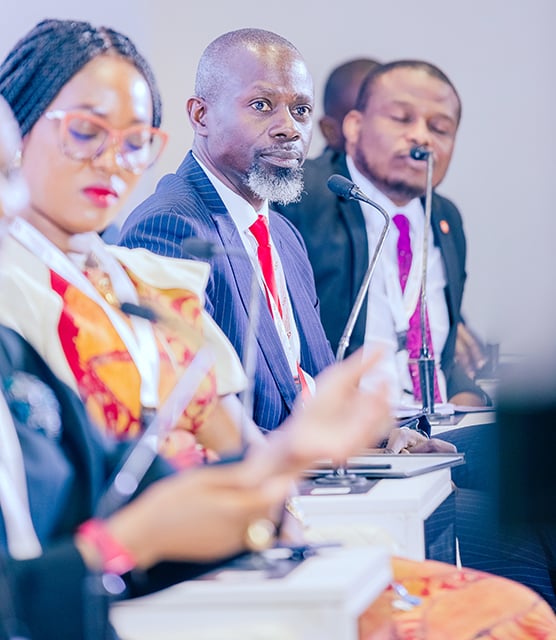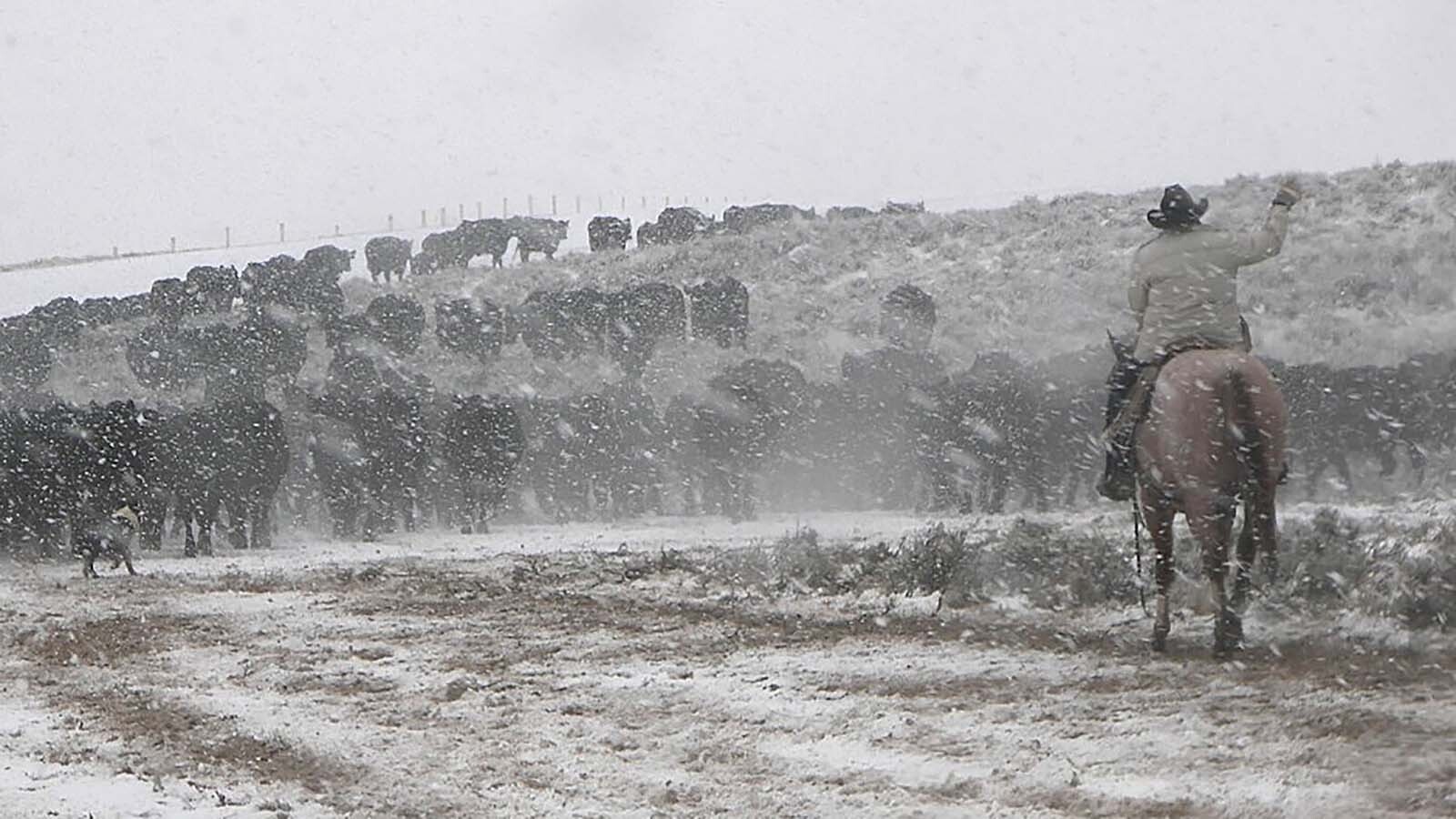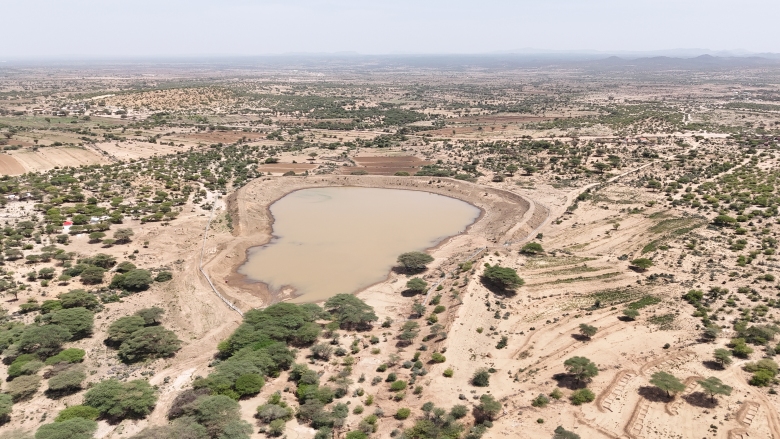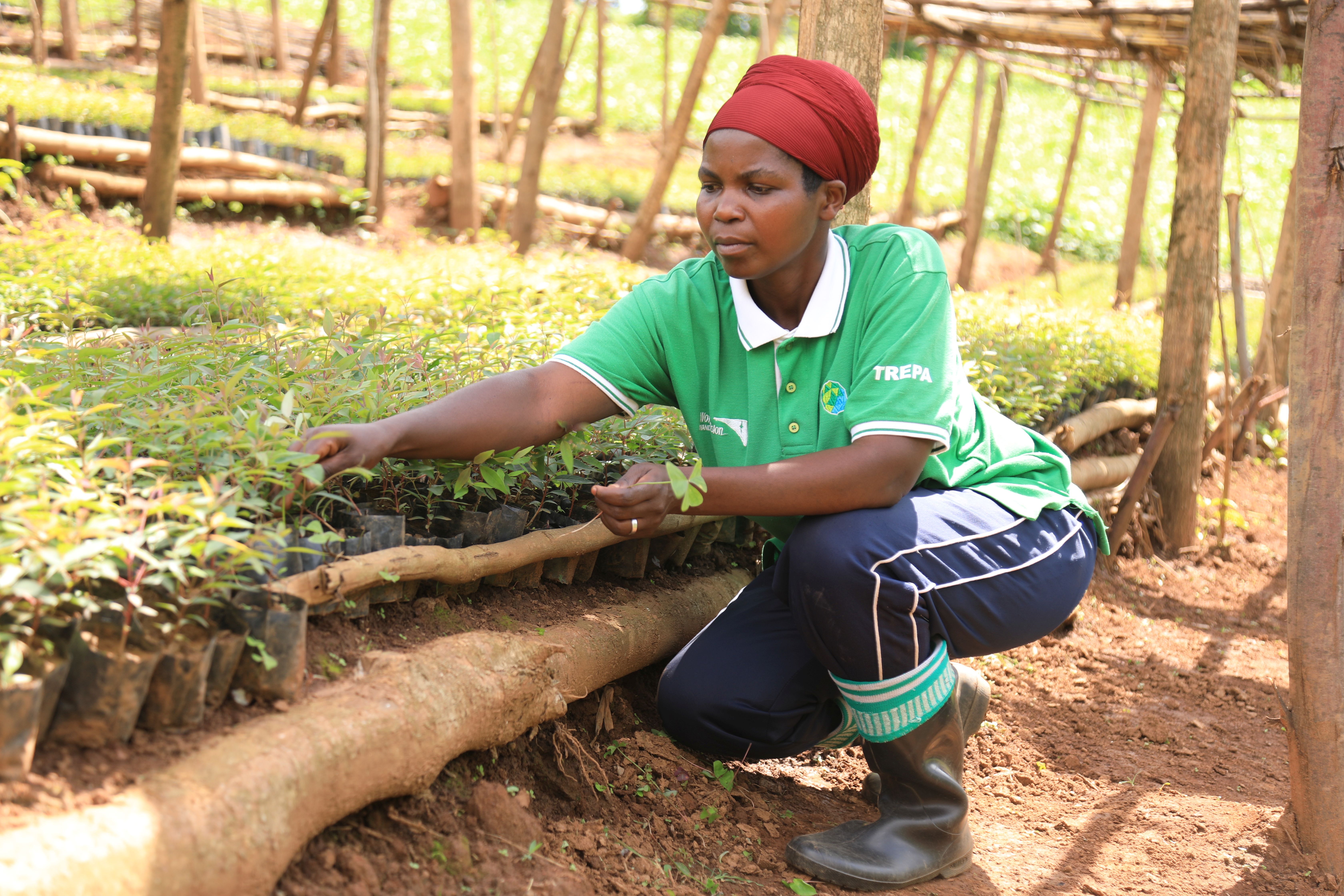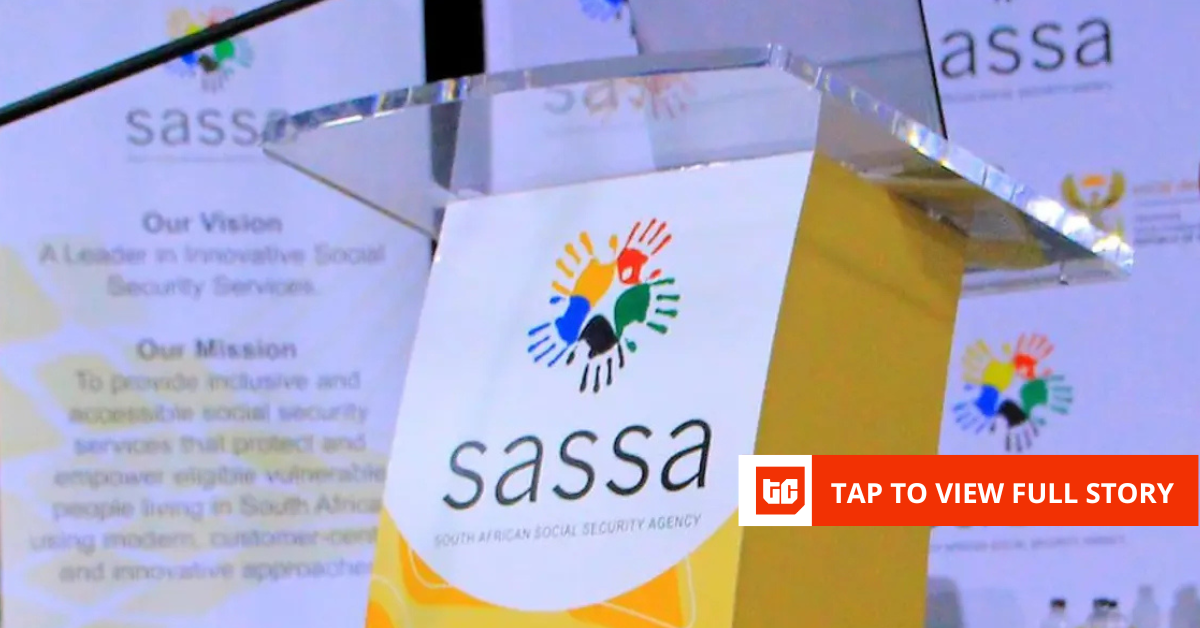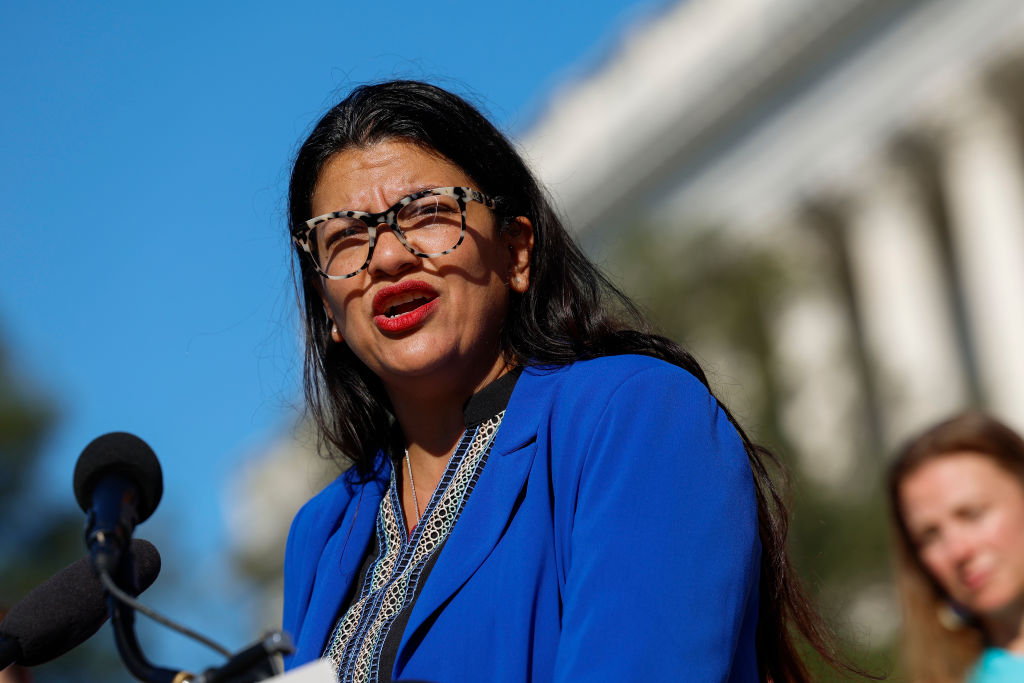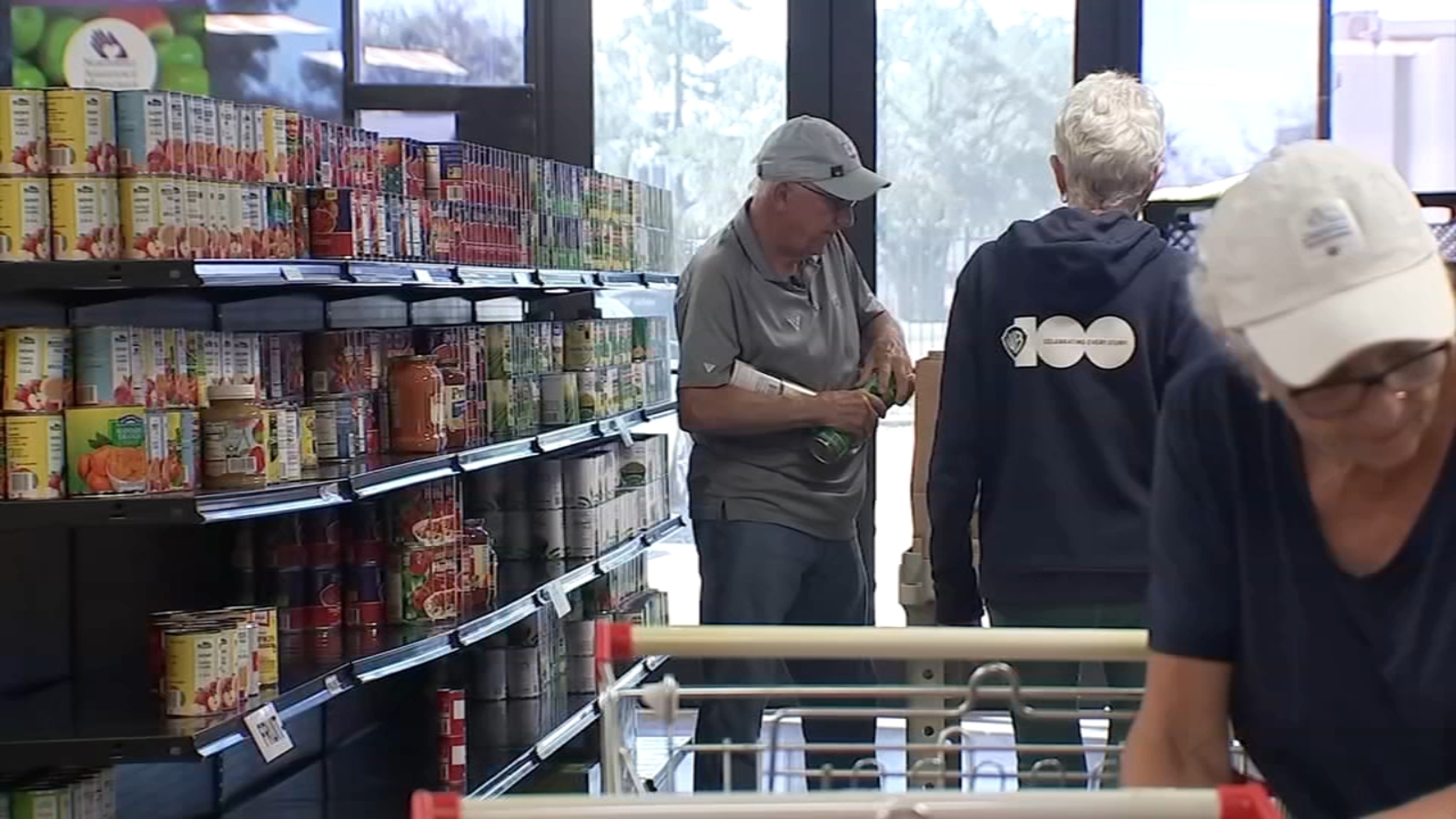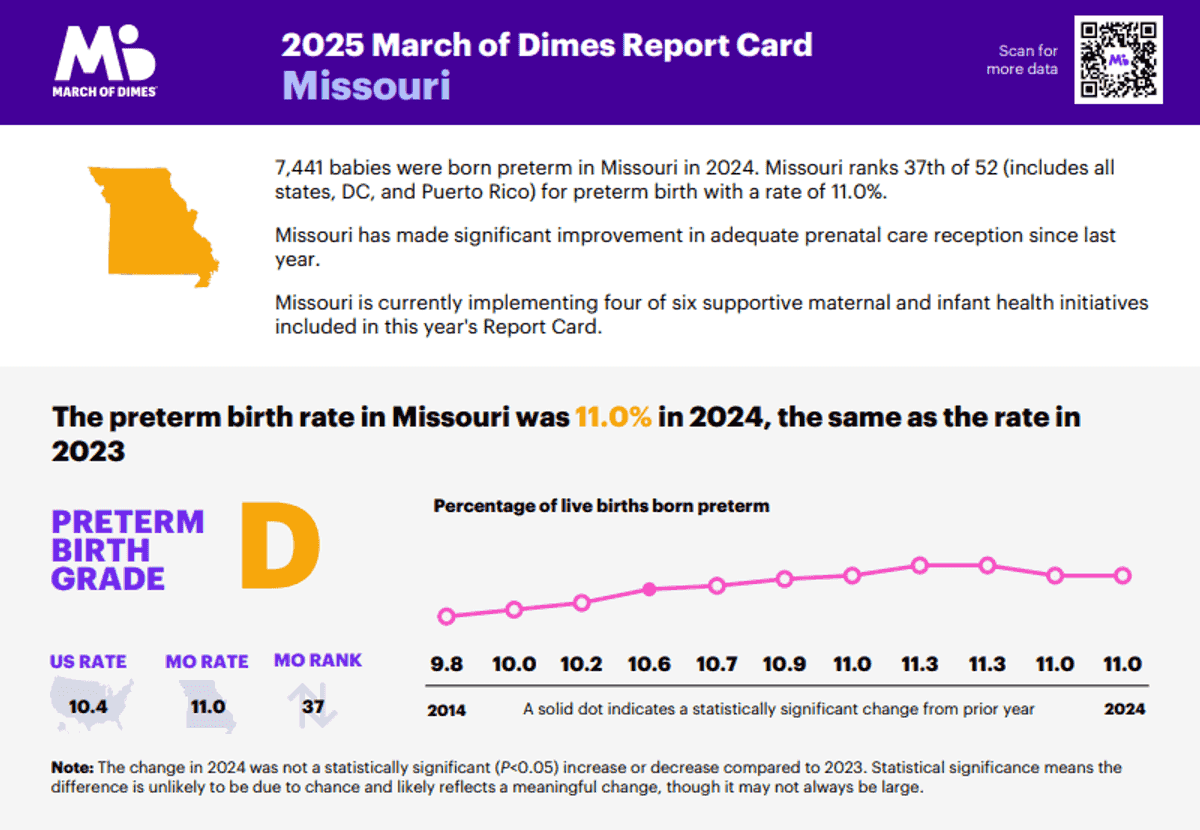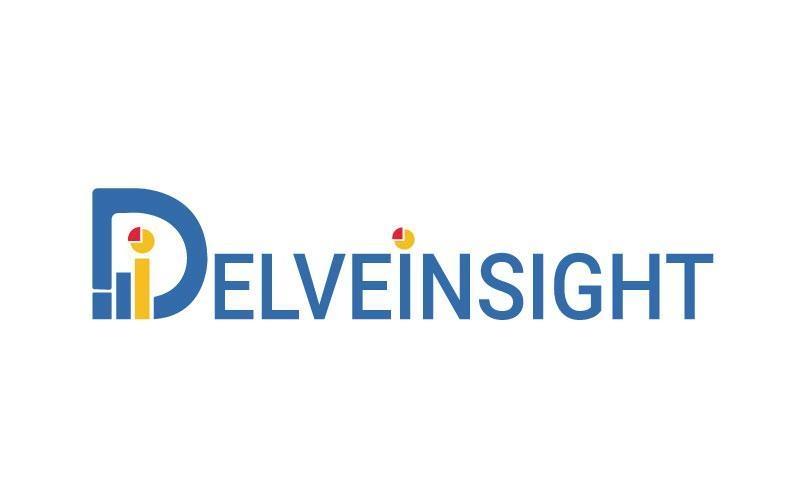First Nations react to Supreme Court ruling granting Cowichan Tribes land rights – Yahoo News Canada

Report on British Columbia Supreme Court Ruling and its Implications for Sustainable Development Goals
1.0 Executive Summary
A recent British Columbia Supreme Court decision affirmed the fishing and title rights of the Cowichan Tribes for a specific area along the Fraser River. This ruling has significant implications for Canada’s commitment to the United Nations Sustainable Development Goals (SDGs), particularly those concerning inequality, justice, and environmental stewardship. However, the provincial government’s subsequent announcement that it will appeal the decision introduces uncertainty and highlights ongoing challenges in achieving these goals.
2.0 Background of the Judicial Decision
The court’s ruling is a landmark event in the context of Indigenous rights and title in Canada. Key outcomes of the decision include:
- Affirmation of Rights: The court legally recognized the Cowichan Tribes’ inherent rights to fish and hold title to a portion of their ancestral lands.
- Jurisdictional Precedent: The decision contributes to the legal framework governing Indigenous land claims and resource access.
3.0 Analysis of Sustainable Development Goal (SDG) Alignment
The court’s decision, prior to the appeal, directly supports the advancement of several key SDGs. The government’s challenge to the ruling, however, potentially impedes this progress.
3.1 SDG 10: Reduced Inequalities
- The ruling directly addresses Target 10.3 by seeking to ensure equal opportunity and reduce inequalities of outcome for Indigenous peoples through the legal recognition of their rights.
- It promotes the social and economic inclusion of the Cowichan Tribes (Target 10.2), rectifying historical disadvantages.
3.2 SDG 16: Peace, Justice and Strong Institutions
- The judicial process exemplifies Target 16.3, which promotes the rule of law and ensures equal access to justice.
- Recognition of Indigenous rights is fundamental to building effective, accountable, and inclusive institutions (Target 16.7) that reflect the principles of reconciliation.
- The government’s appeal underscores the complexities and potential conflicts within institutional frameworks tasked with mediating rights-based disputes.
3.3 SDG 14 (Life Below Water) & SDG 15 (Life on Land)
- Granting fishing rights aligns with Target 14.b, which aims to provide access for small-scale artisanal fishers to marine resources.
- The affirmation of title rights supports the principles of sustainable land management, as Indigenous stewardship is often integral to the conservation and sustainable use of terrestrial ecosystems and biodiversity (SDG 15).
3.4 SDG 1 (No Poverty) & SDG 8 (Decent Work and Economic Growth)
- Securing access to land and fishing resources provides a foundation for economic self-sufficiency and sustainable livelihoods for the Cowichan Tribes.
- This contributes to localized, inclusive economic growth (SDG 8) and poverty reduction strategies (SDG 1) rooted in traditional economic activities.
4.0 Conclusion and Outlook
The Supreme Court ruling represents a significant step toward aligning provincial policy with international commitments to sustainable development and Indigenous reconciliation. The decision reinforces the interconnectedness of social justice, environmental stewardship, and economic opportunity as outlined in the SDGs. The pending appeal by the provincial government creates a critical juncture, the outcome of which will determine the trajectory of progress on these vital goals within the region.
1. Which SDGs are addressed or connected to the issues highlighted in the article?
-
SDG 10: Reduced Inequalities
The article focuses on a legal battle for “Indigenous rights and title.” This directly relates to SDG 10, which aims to reduce inequalities within and among countries by empowering and promoting the social, economic, and political inclusion of all, including Indigenous peoples.
-
SDG 16: Peace, Justice and Strong Institutions
The issue is being adjudicated by the “B.C. Supreme Court,” and the “provincial government” is involved through its decision to appeal. This highlights the role of legal and governmental institutions in resolving disputes and upholding rights, which is central to SDG 16’s goal of promoting just, peaceful, and inclusive societies.
-
SDG 1: No Poverty
The ruling grants “fishing and title rights.” Control over and access to natural resources like land and fisheries are fundamental for economic self-sufficiency, food security, and poverty alleviation for the Cowichan Tribes.
-
SDG 14: Life Below Water
The specific mention of “fishing…rights for a portion of land along the Fraser River” connects the issue to the sustainable use of marine and freshwater resources. Granting rights to local communities is a key aspect of managing aquatic ecosystems.
2. What specific targets under those SDGs can be identified based on the article’s content?
-
Target 10.2: Empower and promote the social, economic and political inclusion of all
The Supreme Court ruling that grants “fishing and title rights” to the Cowichan Tribes is a direct legal mechanism for empowering and recognizing the inclusion of this Indigenous group in the management and use of their ancestral lands and resources.
-
Target 16.3: Promote the rule of law… and ensure equal access to justice for all
The Cowichan Tribes’ use of the “B.C. Supreme Court” to have their rights legally recognized demonstrates the process of seeking and achieving justice through established legal channels. The case itself is an example of Indigenous peoples accessing the justice system to address historical grievances.
-
Target 1.4: Ensure that all men and women… have equal rights to economic resources, as well as… control over land and other forms of property
The court’s decision to grant “title rights” and “fishing rights” directly addresses this target by legally affirming the Cowichan Tribes’ control over land (property) and economic resources (fisheries).
-
Target 14.b: Provide access for small-scale artisanal fishers to marine resources and markets
The “fishing rights” granted to the Cowichan Tribes can be interpreted as securing access to fishery resources for a local, small-scale community, which is the core principle of this target.
3. Are there any indicators mentioned or implied in the article that can be used to measure progress towards the identified targets?
-
Implied Indicator for Target 10.2 & 16.3: Existence of legal frameworks and rulings that recognize Indigenous rights.
The “B.C. Supreme Court ruling” itself serves as a qualitative indicator. It signifies that the legal system is being used to formally recognize and enforce the rights of an Indigenous group. The government’s decision to “appeal the decision” is also an indicator of the ongoing challenges in fully implementing these rights.
-
Implied Indicator for Target 1.4 & 14.b: Legal recognition of land and resource tenure for Indigenous communities.
The specific outcome mentioned in the article—the granting of “fishing and title rights”—is a direct and measurable indicator of progress. It represents a formal, legal change in the security of tenure over land and access rights to fisheries for the Cowichan Tribes, which aligns with official SDG indicators like 1.4.2 (Proportion of population with secure land tenure rights) and 14.b.1 (Progress in recognizing access rights for small-scale fisheries).
4. Create a table with three columns titled ‘SDGs, Targets and Indicators” to present the findings from analyzing the article. In this table, list the Sustainable Development Goals (SDGs), their corresponding targets, and the specific indicators identified in the article.
| SDGs | Targets | Indicators (Implied from the article) |
|---|---|---|
| SDG 10: Reduced Inequalities | 10.2: Empower and promote the social, economic and political inclusion of all. | The B.C. Supreme Court ruling as a legal instrument for empowering the Cowichan Tribes. |
| SDG 16: Peace, Justice and Strong Institutions | 16.3: Promote the rule of law and ensure equal access to justice. | The use of the court system by the Cowichan Tribes to affirm their rights. |
| SDG 1: No Poverty | 1.4: Ensure equal rights to economic resources and control over land. | The legal granting of “title rights” as a measure of secure control over land. |
| SDG 14: Life Below Water | 14.b: Provide access for small-scale artisanal fishers to marine resources. | The legal granting of “fishing rights” as a measure of secured access to aquatic resources. |
Source: ca.news.yahoo.com

What is Your Reaction?
 Like
0
Like
0
 Dislike
0
Dislike
0
 Love
0
Love
0
 Funny
0
Funny
0
 Angry
0
Angry
0
 Sad
0
Sad
0
 Wow
0
Wow
0

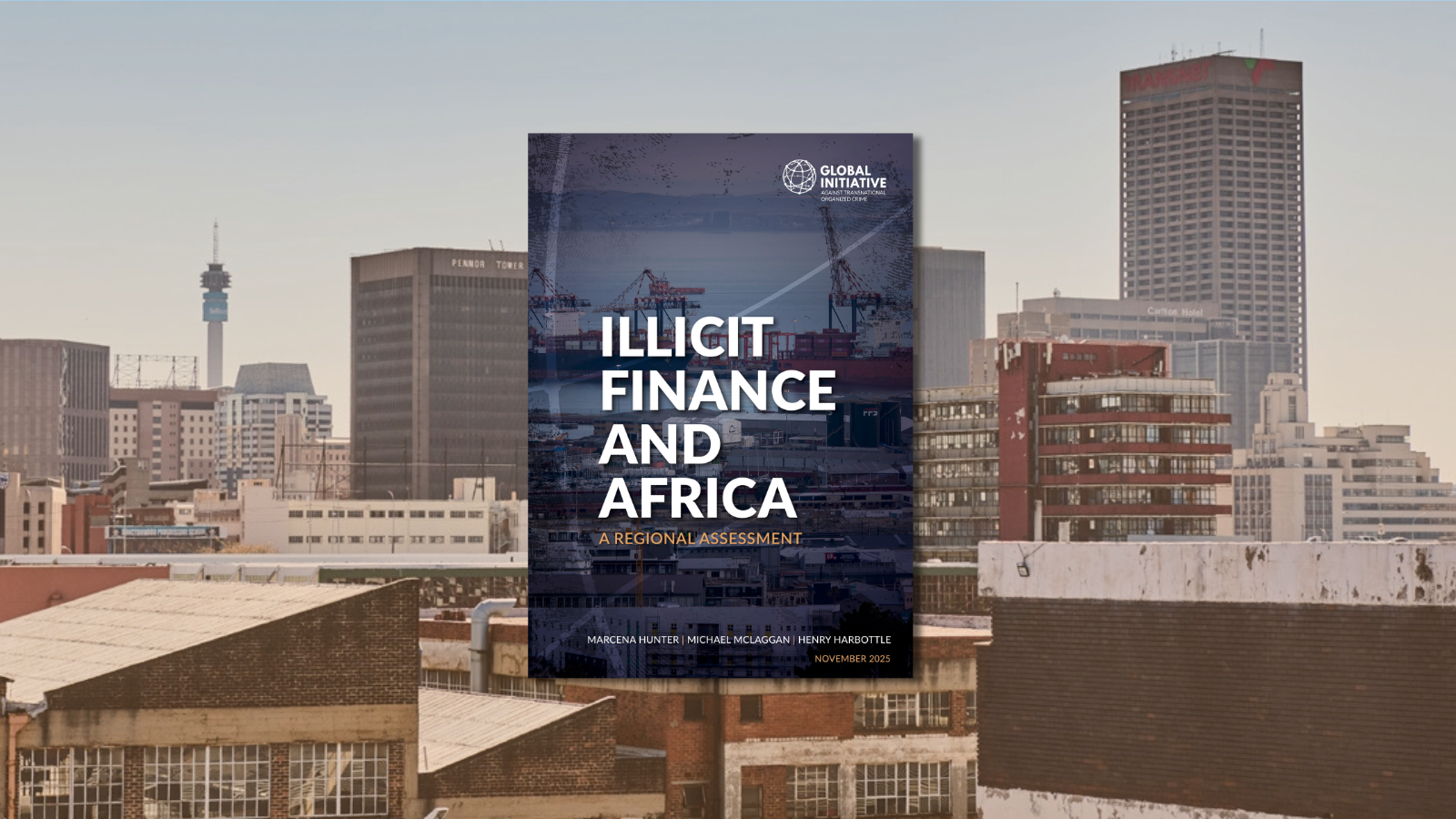



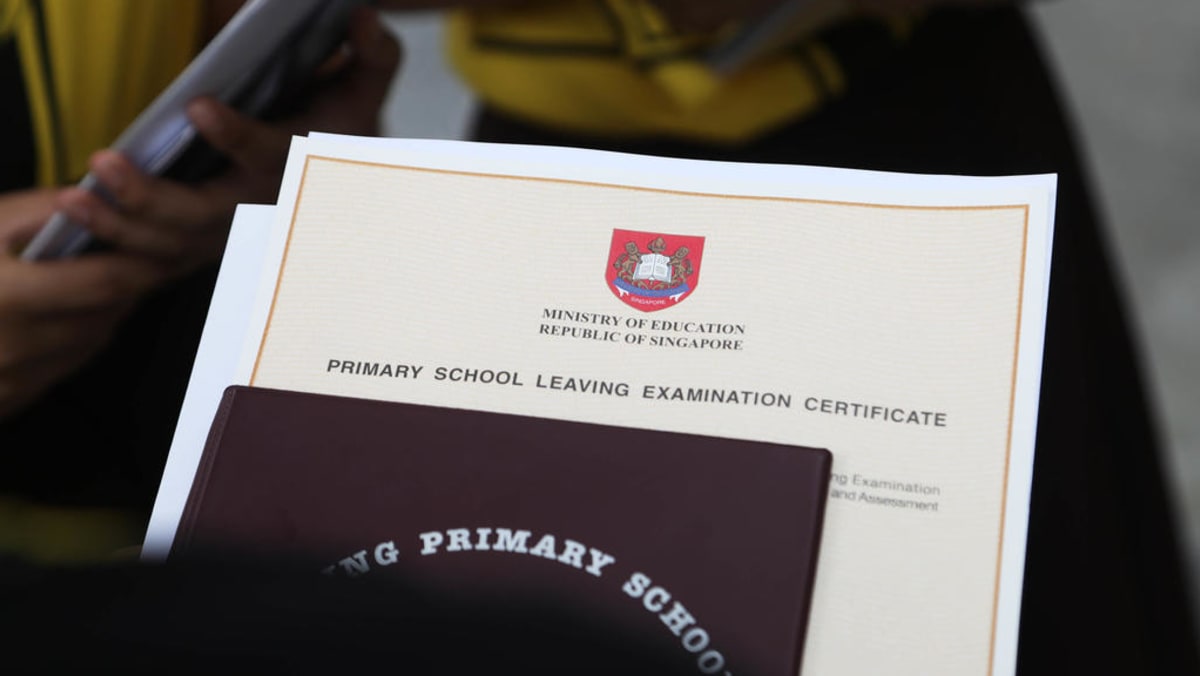




/campaigns/16-days-of-activism-against-gender-based-violence/pr-web-banner.tmb-1200v.jpg?sfvrsn=8cc7b98e_1#)



